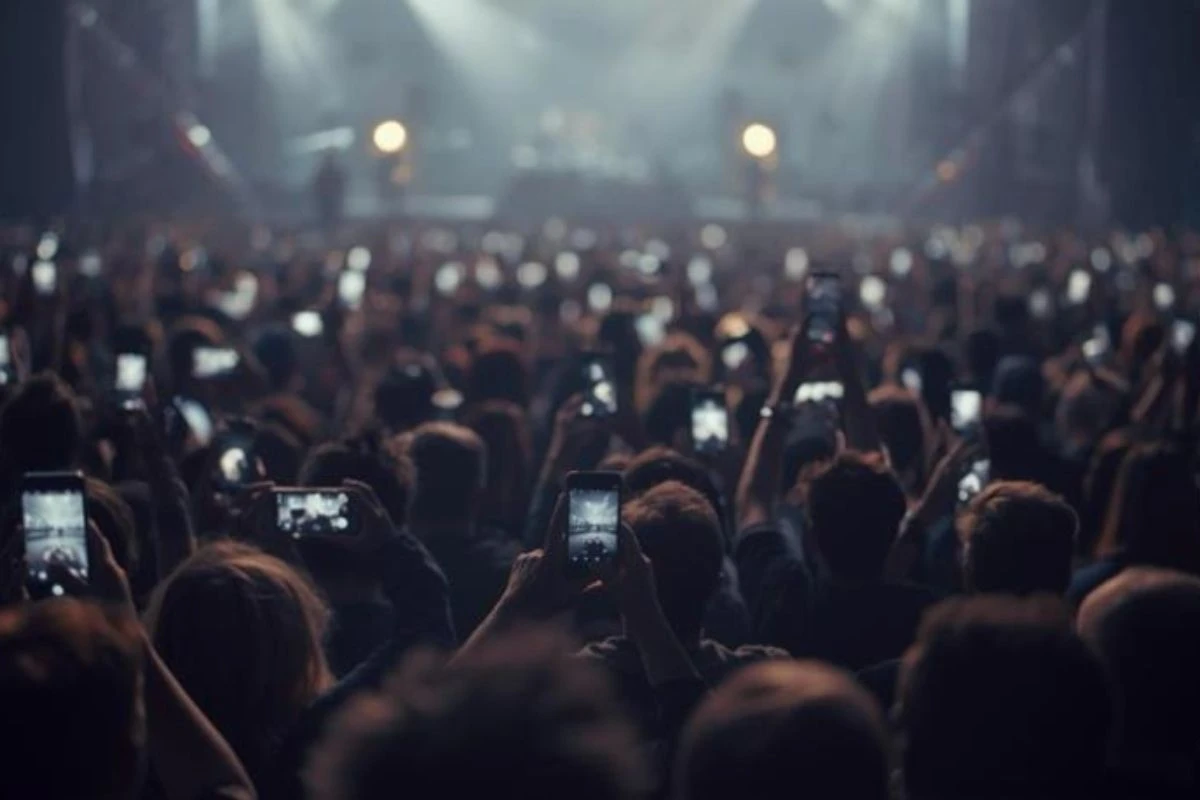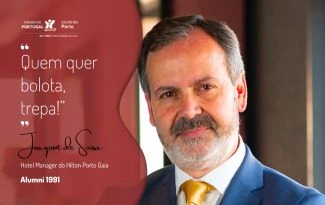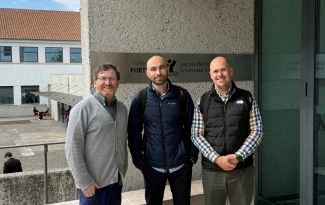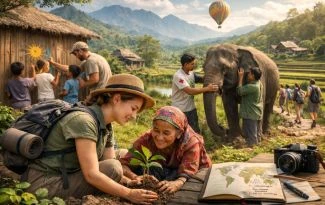Tourism without screens: the luxury of disconnecting to reconnect

We live in times when cell phones have become an extension of our bodies. On every tourist visit, we see more screens than attentive gazes. The act of taking a photo has become automatic, almost a conditioned reflex. We want to immortalize everything but, paradoxically, we are forgetting to live the moment we are trying to capture. The cloud is infinite, but our attention is not.
Tourism, which has always been an art of discovering the world, is beginning to be replaced by the anxiety of recording it. With each click, we receive small doses of dopamine, that neurotransmitter of instant pleasure that makes us feel good for a few seconds but keeps us in a constant need for stimulation. This relentless pursuit weakens our ability to contemplate, to be silent, and to truly absorb the place we are in.
A striking example of this is at concerts. Have you noticed how incredible it is to see, in the darkness, a sea of lights coming from cell phones? It's beautiful, but also sad: we see more screens than faces. The artist is there, present, a few meters away, but many watch him only through their own recordings—an irony of our time. Even though we are there, we choose to watch the show through the screen.
Amidst this digital saturation, a new concept has emerged: tourist detox. Not as an escape, but as a conscious experience. Imagine an itinerary where visitors are invited to put their cell phones aside, walk without notifications, listen to the real sounds of the city or nature, eat without photographing their food, and feel before sharing. This would be a new form of luxury: the luxury of the present.
Paradoxically, Artificial Intelligence can be our ally in this process. Instead of distracting us, it can help us manage our use of technology, set limits, schedule digital breaks, and even create personalized experiences that promote mental well-being. AI does not have to be an enemy of presence; it can be the tool that restores our balance.
In the end, the real journey is the one that takes place within us, when we manage to be fully present. Mobile phones are useful, but they cannot be our spiritual guide. We need to relearn the value of silence, of looking and touching. The tourism of the future may not be the most connected, but it may be the most human.
Living in the present outside the digital world may be the next big destination.
author:
Adson Araújo de Santana
Alumni of the Cultural and Heritage Tourism Course



